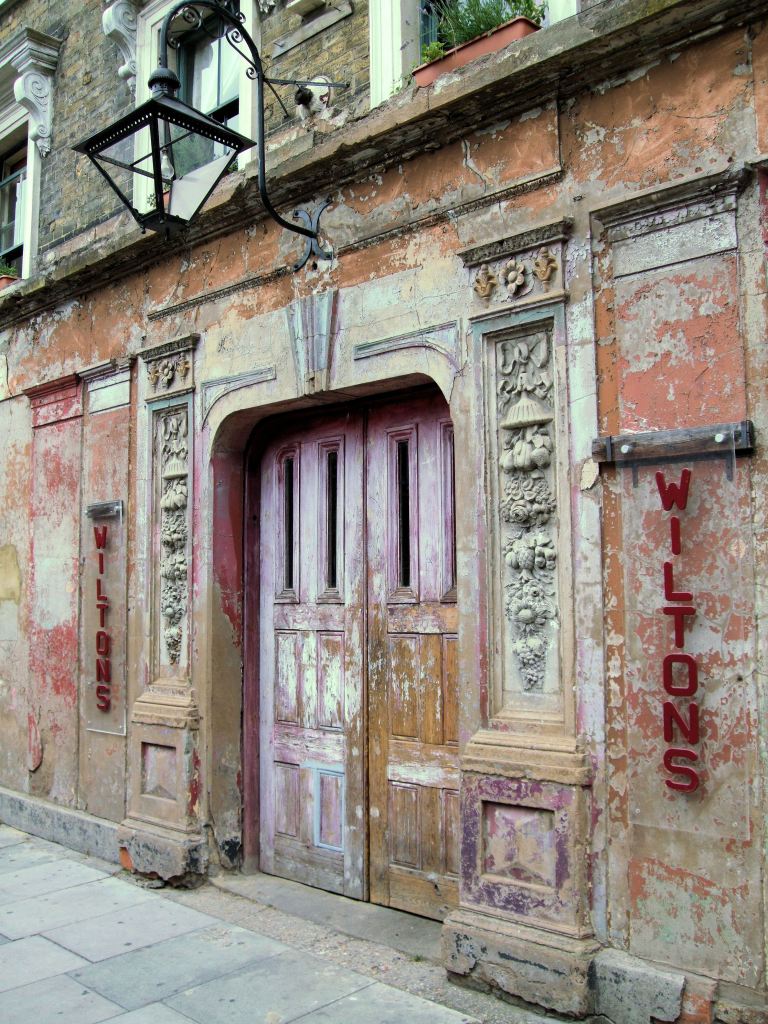
Much Ado About Nothing
Wilton’s Music Hall, 19th November 2019
The Tourist has been very much taken with previous Shakespeare at the Tobacco Factory productions, Othello and Henry V, both here and on home turf in Bristol. This latest, MAAN, directed by Elizabeth Freestone, as was Henry V, and who will be bringing Stef Smith’s take on A Doll’s House to the Young Vic next year, didn’t quite match these predecessors but still provided an entertaining, if inconsistent, evening of Shakespeare comedy.
At least it did when I snuck downstairs in the second half. I had forgotten just how dire the sound is upstairs at WMH, blighted by reverb, even if there are now some comfy perches. Not a big deal, and for some of the actors no deal at all, but it did mean that I had to strain to hear the lines of, particularly Alice Barclay as Ursula, Dorothea Myer-Bennett as Beatrice and Imran Momen as Claudio. And, in Shakespeare, every word counts, however often ypu may have seen or read the play. In fact the more viewings the richer the language becomes.
Now MAAN is a comedy. And, unlike some of the Bard’s other comedies, it largely sticks to the make the punters laugh script. Even so, in amongst the comic couplings and the gossip, rumour, eavesdropping and misunderstandings, the “noting” of the original title, there are some dark ideas, to do with honour and patriarchal dominance, as Daddy Leonato (Christopher Bianchi) farms out his daughter Hero (Hannah Bristow) to Claudio and doesn’t for a moment consider she might be innocent of the charge of adultery. As ever with WS there is a questioning of gender stereotypes, even as those stereotypes are played out, which is what drives the comedy and is what Ms Freestone alights on in her interpretation through her gender blind casting, notably Georgia Frost (who stood out as she did in Kneehigh’s Dead Dog in a Suitcase), as Don Pedro’s (Zachary Powell) here sister Don Jon, and, less successfully Louise Mai Newberry as Dogberry.
Of course MAAN largely succeeds or fails on the “chemistry” between Beatrice and Benedick and here Ms Myer-Bennett, who it has been my pleasure to see in multiple plays in the last few years, and Geoffrey Lumb, who is a fine, and experienced, Shakespearean, were up for the fight. Verbal sparring only, of course, but sufficiently pointed throughout that at the end, you still sensed they would be chary of each others’ true feelings long after the ceremonies when we had all left Messina. Maybe not quite up to the benchmark set by Lisa Dillon and Edward Bennett in Christopher Luscombe’s RSC version from 2017 but still eminently watchable. Ms M-B’s Beatrice is, by some way, the smartest person in the room, but wields her fierce intelligence deliberately. Underneath the boorish exterior typical of his profession and sex there lurks a sensitive soul in Mr Lumb’s Benedick.
Some of the other relationships in the slimmed down dramatis personae don’t work quite as well. This tender Claudio’s love for his demure Hero persuades, his harsh about-turn later on less so. The soldiers’s banter works, the sibling rivalry between the Don’s seems forced. The party, complete with superhero costumes, clever, excites, the pivot to the disastrous wedding day, feels telegraphed, and the switch back to what is, in fairness, not the most hilarious Watch scene I have ever encountered, seemed to take this audience by surprise.
All in all, whilst there are some splendid passages and performances in the production. all set against Jean Chan’s delightful design, the rhythm of this STF production is just a little too erratic. However, once I was up close, the largely prose dialogue was, without exception (which is not always the case), pin sharp in its delivery. Whilst the look, feel and intention of the production is to present a MAAN for all time, that it works is largely down to this lucid approach.
Minus the echo of course. Won’t make that mistake again.

